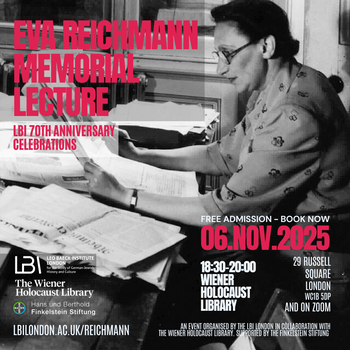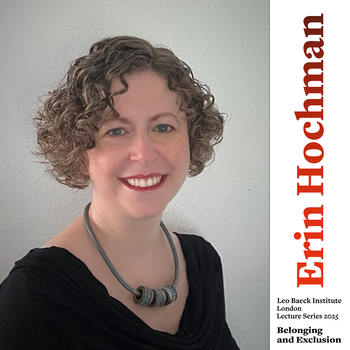Welcome to the Leo Baeck Institute London’s research page. We have a long history of supporting academic research, including PhD projects, postdoctoral fellowships, and research fellowships. Our research also includes web-based projects, such as our Snapshots series. This page provides information on our current and past research activities.
Eduard Bernstein (1850–1932) was a German Social Democrat, democratic socialist, and founder of revisionism. From 1878 onwards, he lived abroad, working as a journalist and making a name for himself as a critic of Marxist theory. Bernstein, for example, rejected the idea of an inevitable collapse of capitalism. Instead of revolution, he placed his hopes in democratic reform, approved of cooperation with liberal forces, and advocated the creation of a socialist people’s party.
Klaus Leesch holds a doctorate in history and works as a librarian and press archivist. In 2024, he published Eduard Bernstein (1850–1932). Leben und Werk with Campus Verlag the first academic biography of this key figure in German Social Democracy.
Lutz Vössing spoke with Dr Klaus Leesch about Bernstein’s life as a champion of socialist reform.
From what kind of family and…
more

































